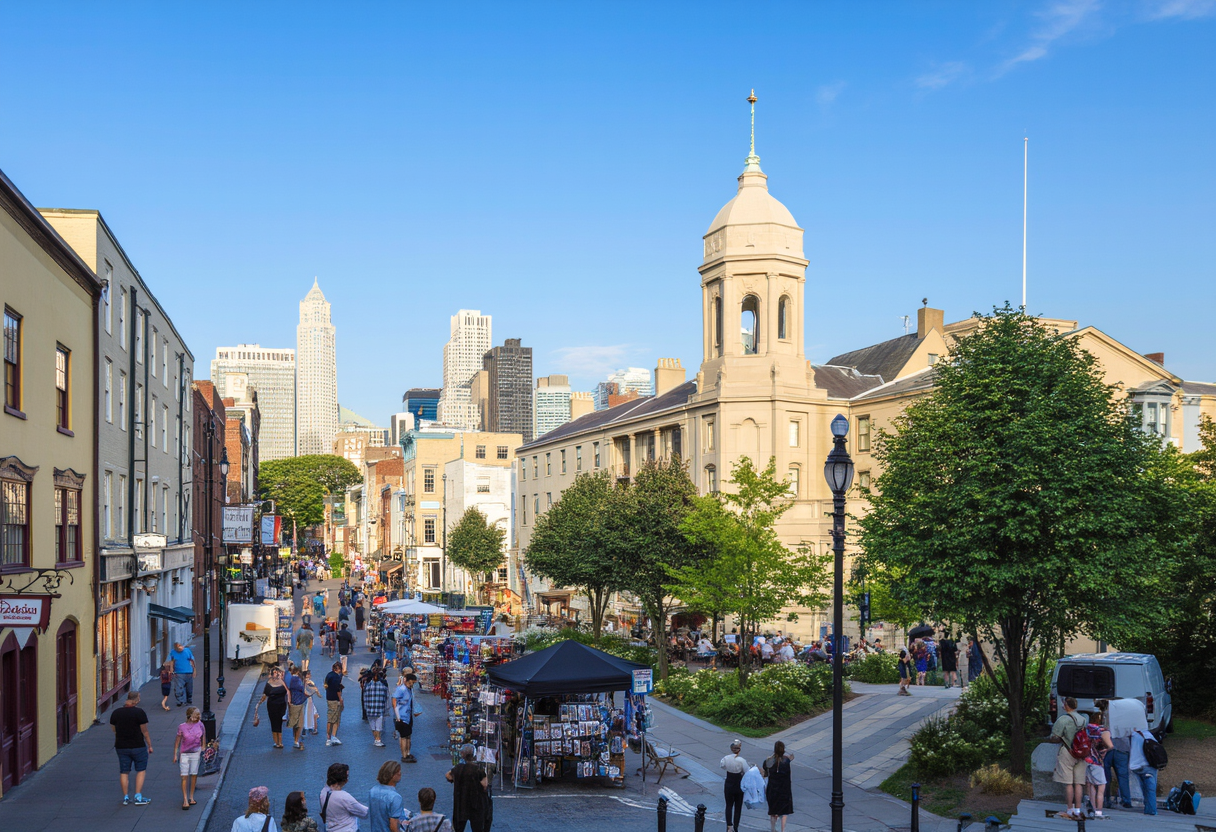Exploring the Impact of Urban Tourism on Global Cities
Urban tourism is reshaping cities around the world, influencing their economies, cultures, and environments. This article explores the multifaceted impacts of urban tourism, examining both positive contributions and potential challenges it poses to city living. Insights into this trend reveal how urban areas adapt to and benefit from increased tourist activity, as well as strategies for sustainable tourism practices that promote local communities. By understanding the dynamics of urban tourism, cities can create balanced ecosystems benefiting both residents and visitors alike.
Understanding Urban Tourism
Urban Tourism refers to the phenomenon of people traveling to urban areas for leisure, business, or cultural experiences. This form of tourism has surged in popularity, leading to significant changes in city dynamics. Major cities worldwide are becoming hotspots for urban tourism, attracting millions of visitors annually. The appeal of global cities lies in their rich cultural heritage, vibrant arts scenes, and modern amenities. Urban tourism not only fuels local economies but also provides cultural exchange opportunities that enhance the global interconnectedness of societies. However, the rise of urban tourism also raises concerns about sustainability and the quality of life for residents.
The Economic Influence of Urban Tourism
One of the most immediate impacts of urban tourism is its contribution to local economies. Cities that embrace urban tourism often experience a boost in revenue from various sectors, including hospitality, retail, and entertainment. Establishments such as hotels, restaurants, and shops thrive in tourist-heavy areas, creating jobs and stimulating economic growth. Moreover, urban tourism cultivates opportunities for local entrepreneurs to thrive, fostering innovation and providing diverse experiences. Nonetheless, it is crucial that city planners and stakeholders consider the long-term repercussions of tourism-driven economies, emphasizing a balanced approach that prioritizes community welfare over mere profit.
Cultural Exchanges and Urban Tourism
Urban tourism facilitates valuable cultural exchanges between local communities and visitors. Tourists often seek authentic experiences that connect them to the local culture, fostering appreciation and understanding. This interaction can inspire local artists and cultural practitioners to share their heritage while generating interest in their craft. Festivals, art exhibitions, and community events often see heightened participation as tourists contribute to vibrant cultural landscapes. However, there exists a delicate balance, as excessive tourism can dilute local cultures if not managed responsibly. Therefore, cities must strive to maintain the authenticity of their cultural offerings while accommodating urban tourism.
Environmental Impacts and Sustainability Challenges
While urban tourism brings numerous benefits, it also poses significant environmental challenges. Increased foot traffic and infrastructure demands strain urban ecosystems. Residential areas near tourist hotspots often face issues like noise pollution and waste management. To mitigate these adverse effects, cities must adopt sustainable urban tourism strategies. Incorporating green spaces, enhancing public transportation, and promoting eco-friendly practices among tourists are essential steps towards sustainability. By leveraging technology and community involvement, cities can develop adaptive strategies that protect their environments while continuing to attract visitors.
Case Studies of Successful Urban Tourism Initiatives
Many cities worldwide have successfully implemented urban tourism initiatives that cater to both tourists and residents. For instance, cities like Amsterdam and Barcelona have focused on sustainable tourism practices, imposing limits on tourist numbers and promoting local experiences over mass tourism. These adaptations not only safeguard the unique characteristics of these cities but also ensure residents enjoy a high quality of life. By analyzing successful case studies, other urban destinations can learn vital lessons in managing tourism pressures while preserving their cultural and natural assets.
Looking to the Future of Urban Tourism
As urban tourism continues to evolve, the future holds both challenges and opportunities for city management. The rise of technology and digital platforms has transformed how visitors experience urban areas. Virtual reality tours, influencer marketing, and mobile applications have reshaped tourist interactions with cities. It's imperative for urban planners to embrace these changes and innovate the tourist experience while addressing sustainability concerns. The focus should shift toward creating resilient urban environments where local citizens and international visitors can share in the richness of city life, promoting not only economic growth but also cultural preservation.
